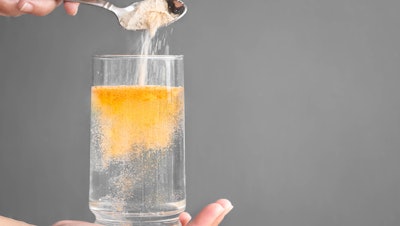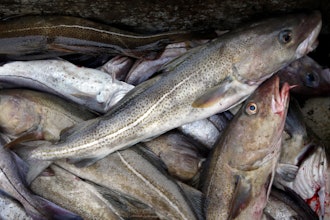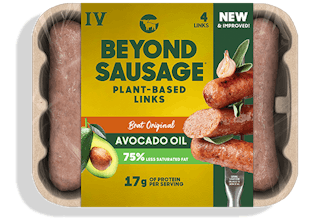
Electrolytes are indeed powerful, and in some circumstances, your body might benefit from a boost. But like comic book heroes with mild-mannered alter egos, they might already be hanging around in your life by another name. And like a movie franchise with one sequel too many, more is not always better.
They're called electrolytes because they have an electric charge – positive or negative – when dissolved in fluids, such as blood. Those electric charges signal muscles and nerves. Our bodies would not work without electrolytes.
You might know these minerals by their everyday names – among them, calcium, magnesium, phosphorus, sodium and potassium.
Although you might think of electrolytes as something that comes in a powder, tablet, droplet or sports beverage, you'll find plenty in a healthy diet.
For example, calcium – which helps regulate blood clotting, heart rhythm and how blood vessels dilate and contract – can be found in tofu, low-fat dairy products and some plant-based milks. Magnesium, which lets many enzymes function, is usually found in foods that contain fiber, including leafy greens, beans, nuts and whole grains.
Many people have the opposite problem with sodium. Paired with chloride, it's salt. It's also added to many processed foods.
But excess sodium also raises blood pressure, and most Americans are already eating too much. Federal dietary guidelines recommend adults eat no more than 2,300 milligrams of sodium a day, or about 1 teaspoon. The ideal daily limit for most adults is 1,500 mg, according to the American Heart Association. Yet Americans consume an average of 3,400 mg a day.
If you're not eating excess sodium, Rosenkranz said, your body does a pretty good job of keeping electrolytes in balance. The kidneys process them and filter any excess into urine.
Sodium and chloride (which helps regulate fluids) also can be lost through sweat. So at times, our bodies might need a little more. But while Rosenkranz said most adults don't need to seek out ways to take in extra electrolytes, she said there's not a one-size-fits-all answer to the question of who needs extra.
Children who have prolonged periods of vomiting or diarrhea due to illness might be given electrolyte drinks. A child's body has a greater ratio of body surface to overall weight, Rosenkranz said, so they lose fluids through sweat more easily than adults.
People who work long hours outdoors, particularly in hot, dry climates, or athletes doing "prolonged, vigorous-intensity exercise" might also benefit from an electrolyte drink, she said, as might athletes at higher altitudes, where staying hydrated can be a challenge.
Research on electrolyte supplementation is mostly aimed at athletes, she said. Some sources say that water is fine for anyone in an activity that lasts less than an hour; some say even more activity is needed before anything beyond water is helpful.
Although ingredients of sports drinks vary, those carbohydrates are often in the form of simple sugar. According to the U.S. Department of Agriculture, one popular sports drink, for example, has 79 calories, 140 mg of potassium, 299 mg of sodium and 21 grams (5 teaspoons) of total sugars per 12-ounce serving. Another sports drink has similar levels of sugars and calories but only 36 mg of potassium and 151 mg of sodium.
Although sugar can provide quick energy for an endurance athlete, most people are already getting too much, and the excess is linked to a variety of health problems. The AHA recommends limiting added sugar to 6% of total calories. For most women, that's no more than 100 calories a day, or about 6 teaspoons. For men, it's 150 calories a day, or about 9 teaspoons.
Meanwhile, some electrolyte waters contain only traces of minerals, while an electrolyte powder pack might be mostly sugar, along with sodium and potassium.
Fruits and vegetables have the bonus of also being a potential source of hydration.
Recommendations on just how much water a person needs to drink each day vary. The National Academy of Medicine considers the equivalent of 13 8-ounce glasses of water a day to be adequate for men, and nine to be adequate for women, more if they are pregnant or breastfeeding.
However, about 20% of an adult's water intake comes from food, and Rosenkranz said summer staples such as strawberries, watermelon and cantaloupe, along with lettuce, celery and squash, can be sources of water as well as electrolytes.






















